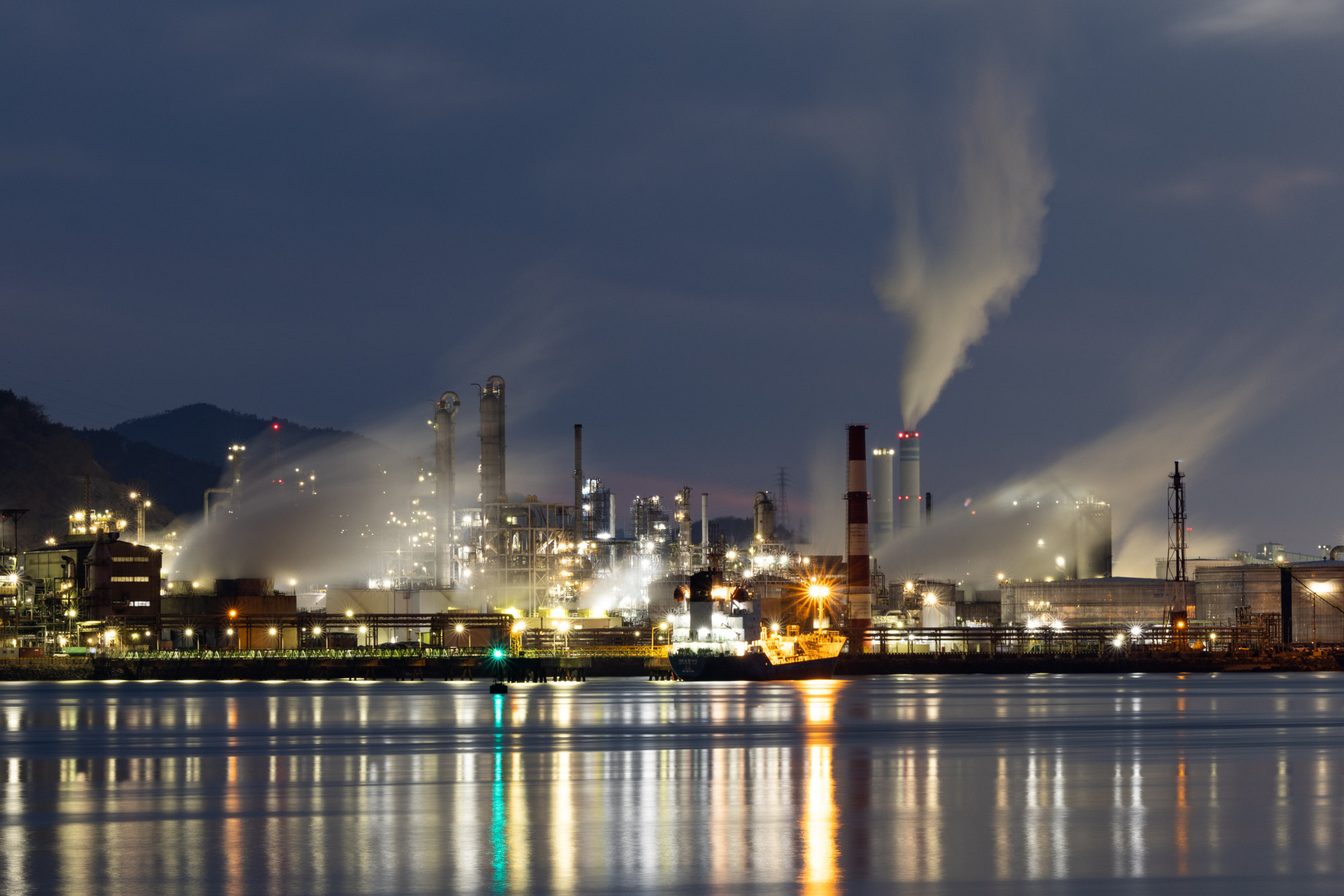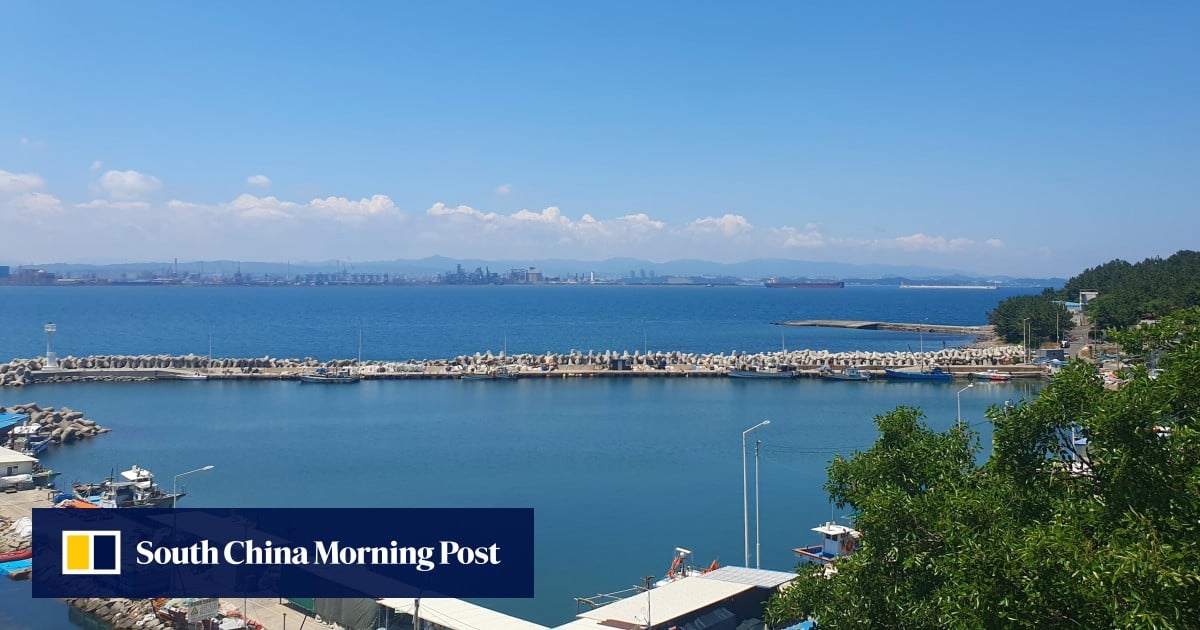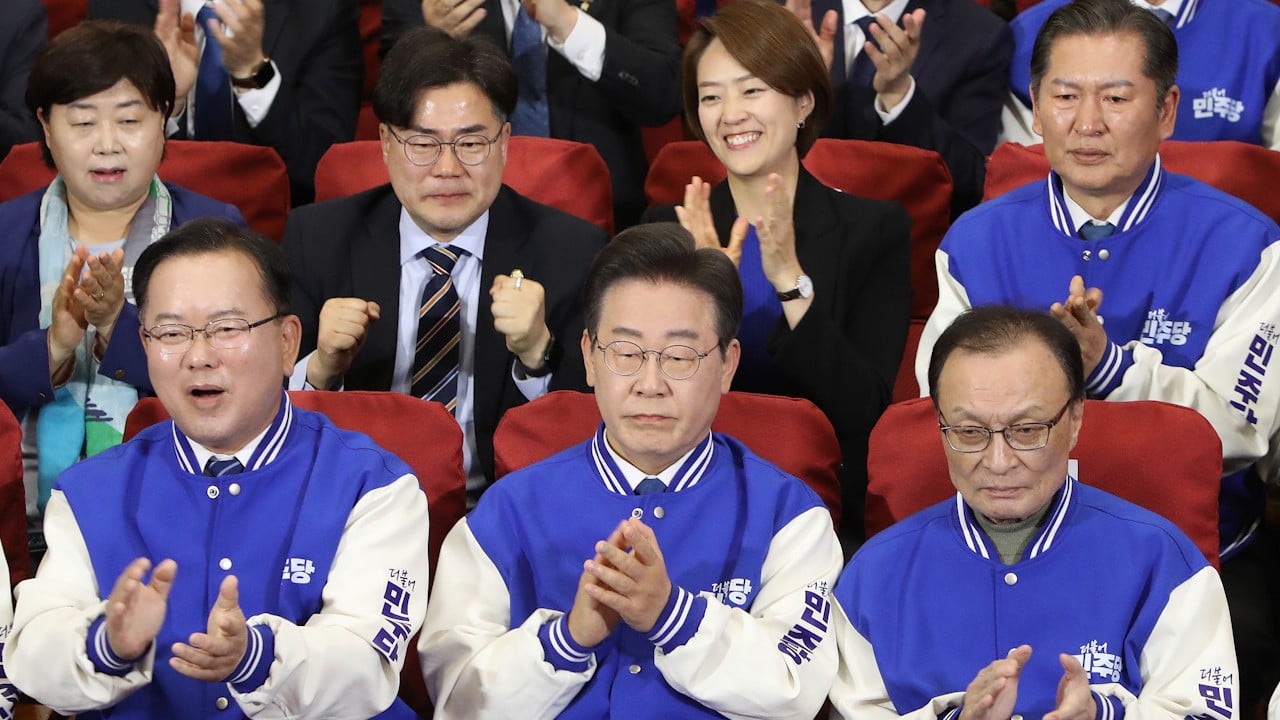Yoon said the potentially massive reserves could meet South Korea’s gas demands for 29 years and oil demands for four years.
The president said he gave the green light to conduct exploration drilling to confirm the energy reserve off Yeongil Bay near the city of Pohang, about 260km southeast of Seoul.

Gas was found in the late 1990s in the same subsea field, the only one South Korea has ever exploited for production. It produced 45 million barrels of gas before its closure in 2021.
The new prospect is more than 300 times the size of that field, Yoon added.
The president said the government planned to bore at least five wells into the seabed to reach suspected hydrocarbon zones, each of which would cost more than 100 billion won (US$72.6 million).
“The world’s top energy development companies have already shown interest,” he said. “After preliminary preparatory work, the first borehole will be drilled at the end of this year and we should have some results by the first half of next year.
“I hope the public will calmly watch the drilling results.”
Energy Minister Ahn Duk-geun said preparations for commercial drilling would begin once the actual deposits were confirmed, with production facilities expected to be constructed around 2027-2028.
“We anticipate commercial development to start around 2035, but it is difficult to specify an exact timeline until the deposits are confirmed,” Ahn said during the briefing.
Shares in South Korean oil and gas companies surged in early trading on Monday following Yoon’s announcement, with state-run Korea Gas Corp. jumping as much as 30 per cent.

However, energy experts caution that exploration sites often turn out to be unproductive despite the huge costs for development.
“Only after seismic and geographical surveys can you say they are economically viable subsea gas or oil reserves. For confirmation, you need to bore testing wells. It is like how you can’t confirm whether you have cancer or not until you carry out biopsy results,” an energy industry professor at a national university told This Week in Asia.
“From now on, there are still many things to check, including well testing to check the reserve’s economic value. Energy exploration projects always involve huge uncertainties and costs,” he said on condition of anonymity as he was not authorised to talk to journalists.
Another energy expert, Professor Jang Ho-chang at the Kangwon National University, said it was too early for the country to pop champagne in celebration over the announcement as it could take a long time and huge resources to produce energy from the reserves, assuming they were confirmed.
Yoon’s energy announcement comes at a time when his approval ratings have been on a steady decline, recently hitting a record low of 21 per cent following his party’s stinging loss in April’s parliamentary elections. Surveys suggest his handling of the economy and controversies within his administration are the major drivers of unhappiness with his performance.
Choi Jin, head of the Institute of Presidential Leadership think tank, told This Week in Asia the energy announcement was unlikely to improve Yoon’s popularity as South Koreans were already cynical about promises of oil prospects that turned out to be false hopes.
He noted that Yoon’s announcement was reminiscent of one made by former president Park Chung-hee in 1976 regarding oil being found off the same southeastern coast, sparking ecstatic reactions from energy-starved Koreans. The headline-grabbing news diverted attention from a deepening domestic political crisis amid protests against Park’s authoritarian rule.
However, the initial euphoria over the oil discovery was short-lived. Offshore exploration efforts ultimately ended due to a lack of economic viability and the promised oil boom never materialised, further undermining the credibility of Park’s government .


